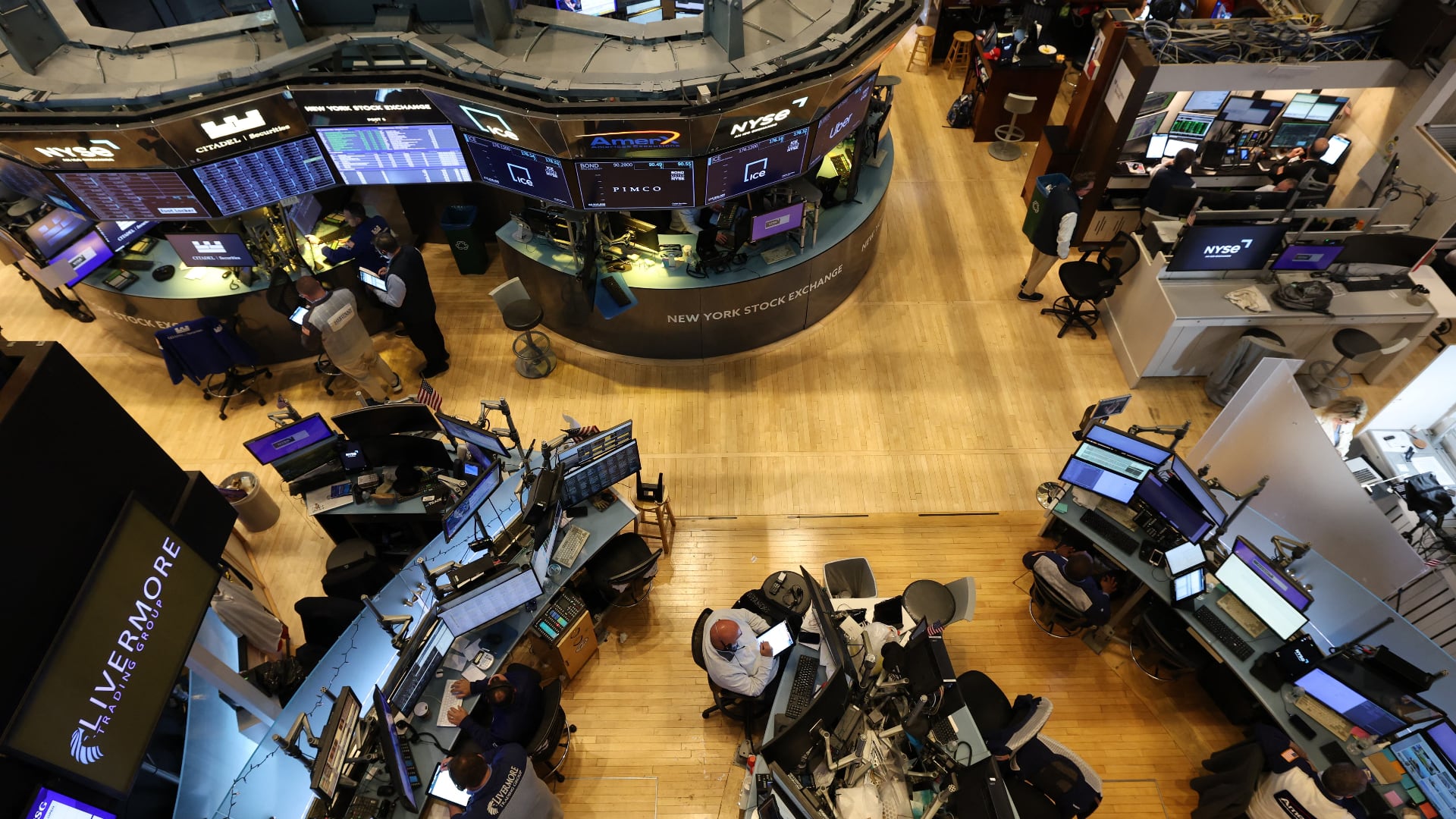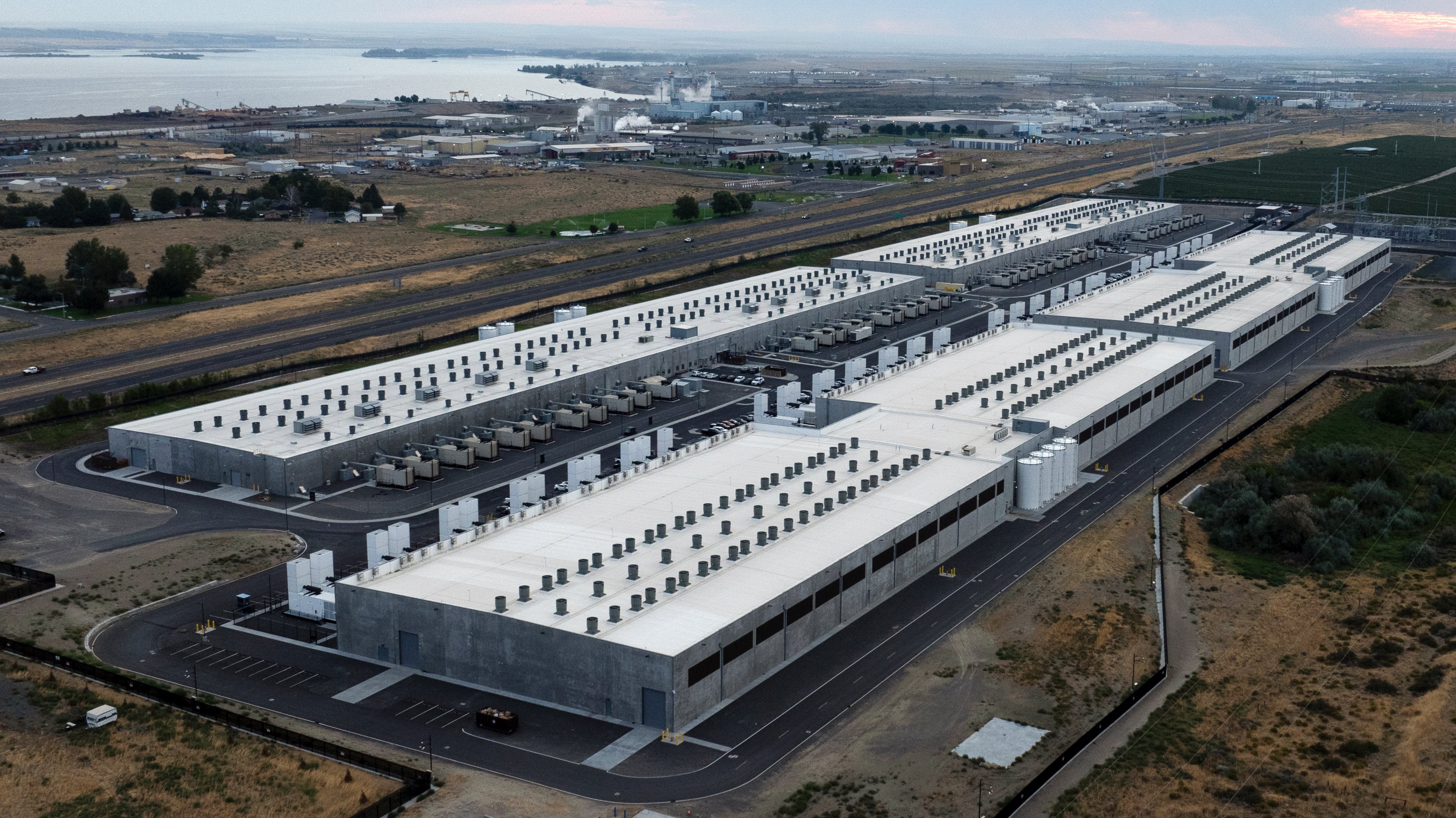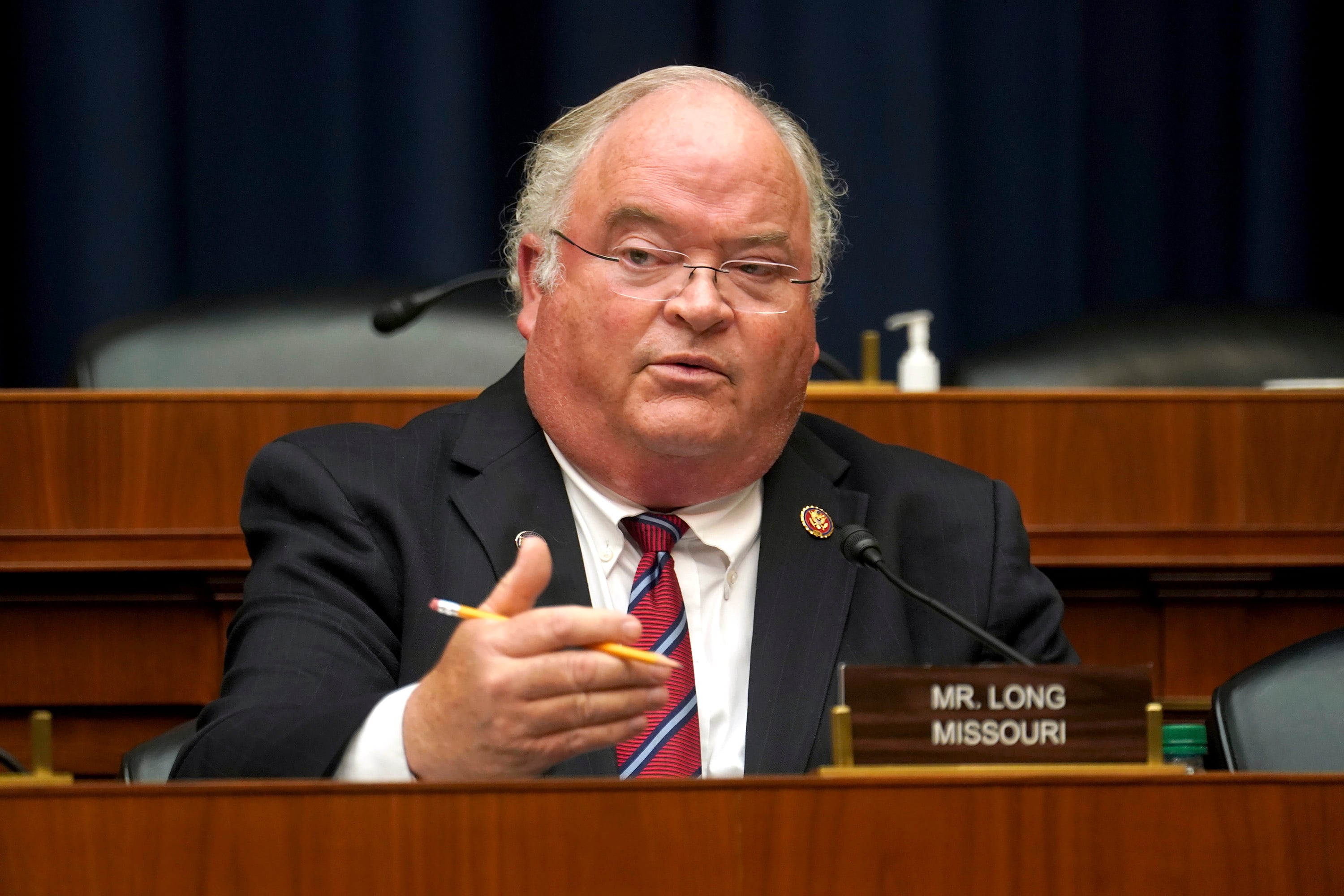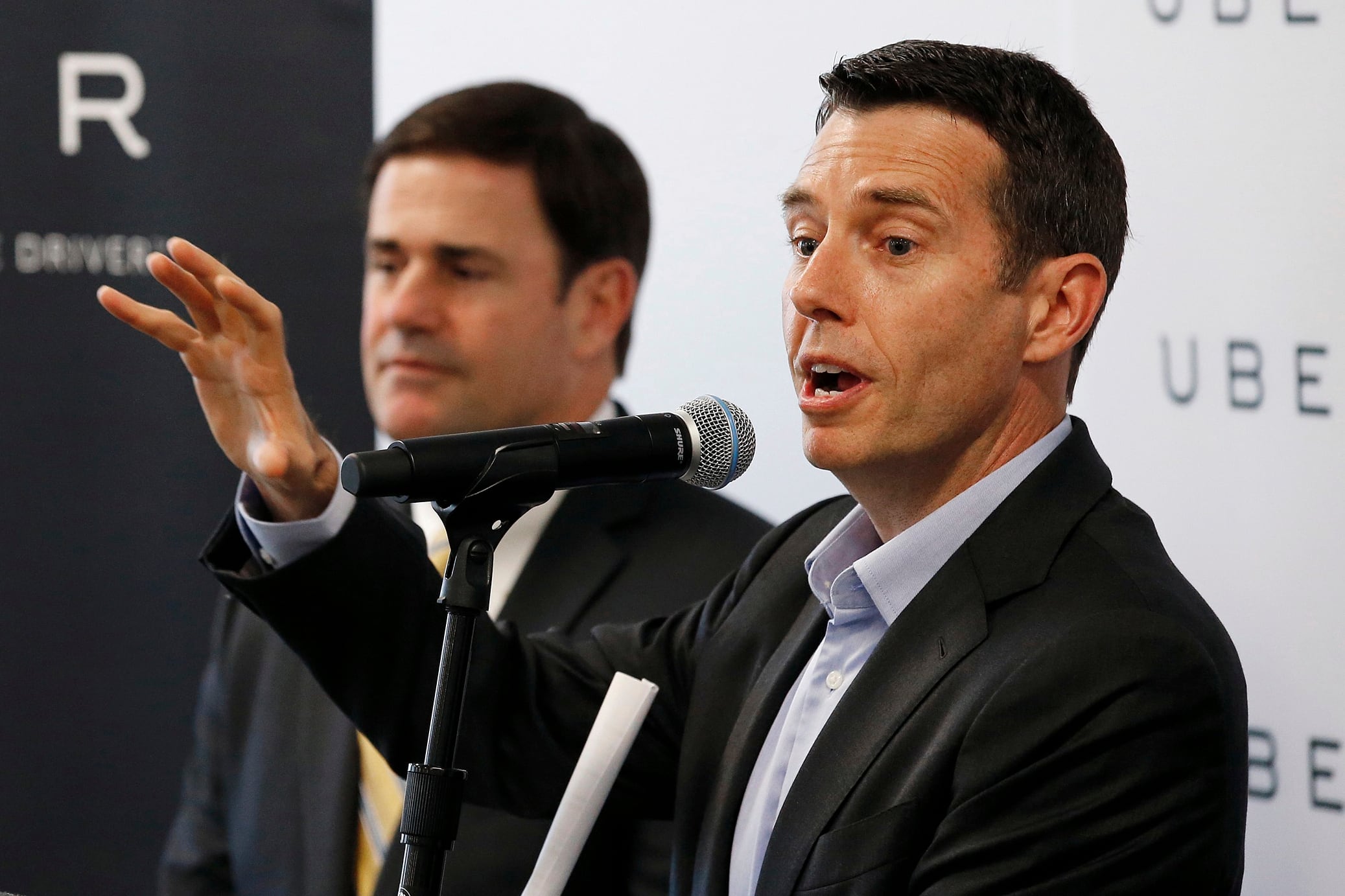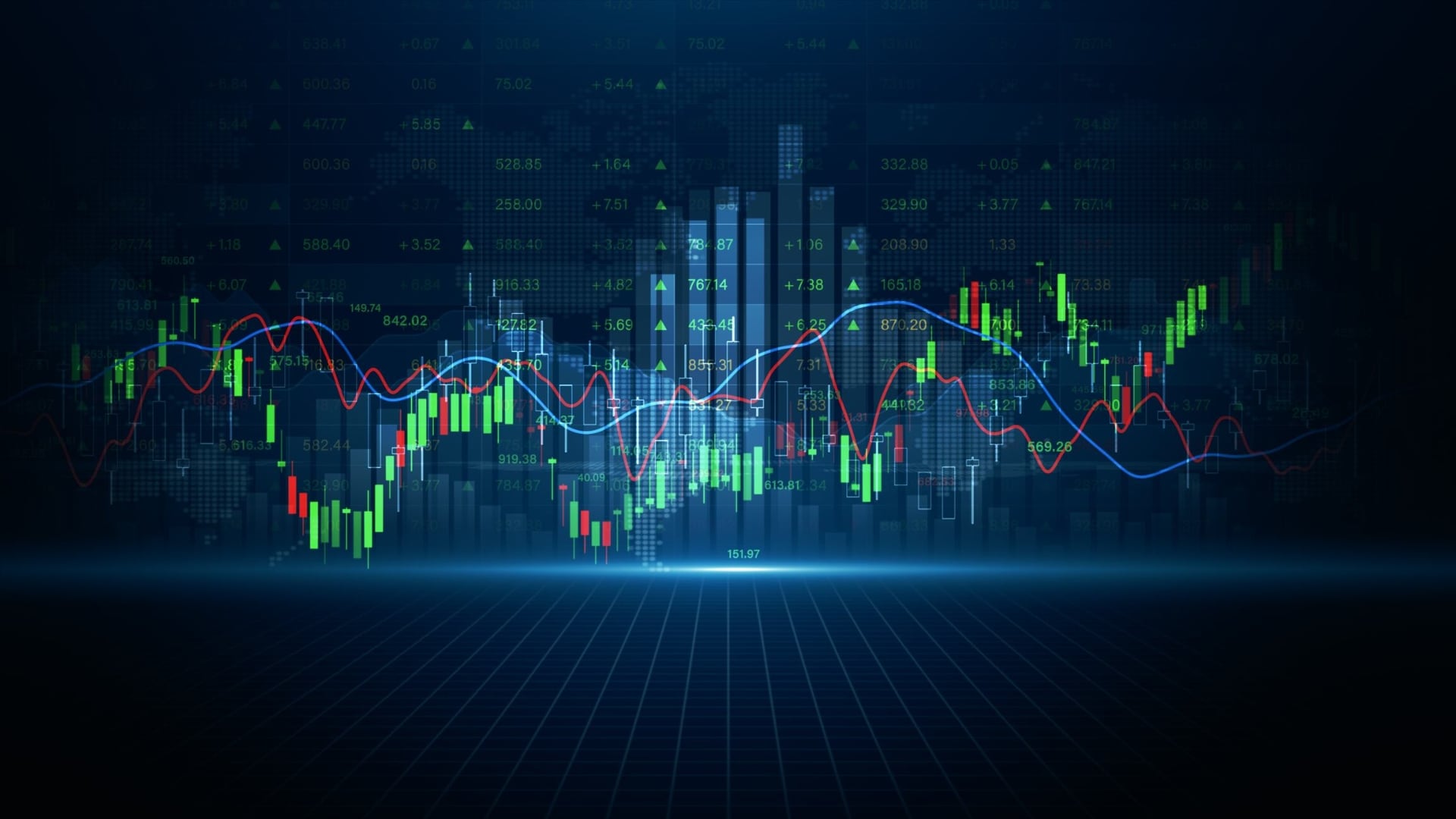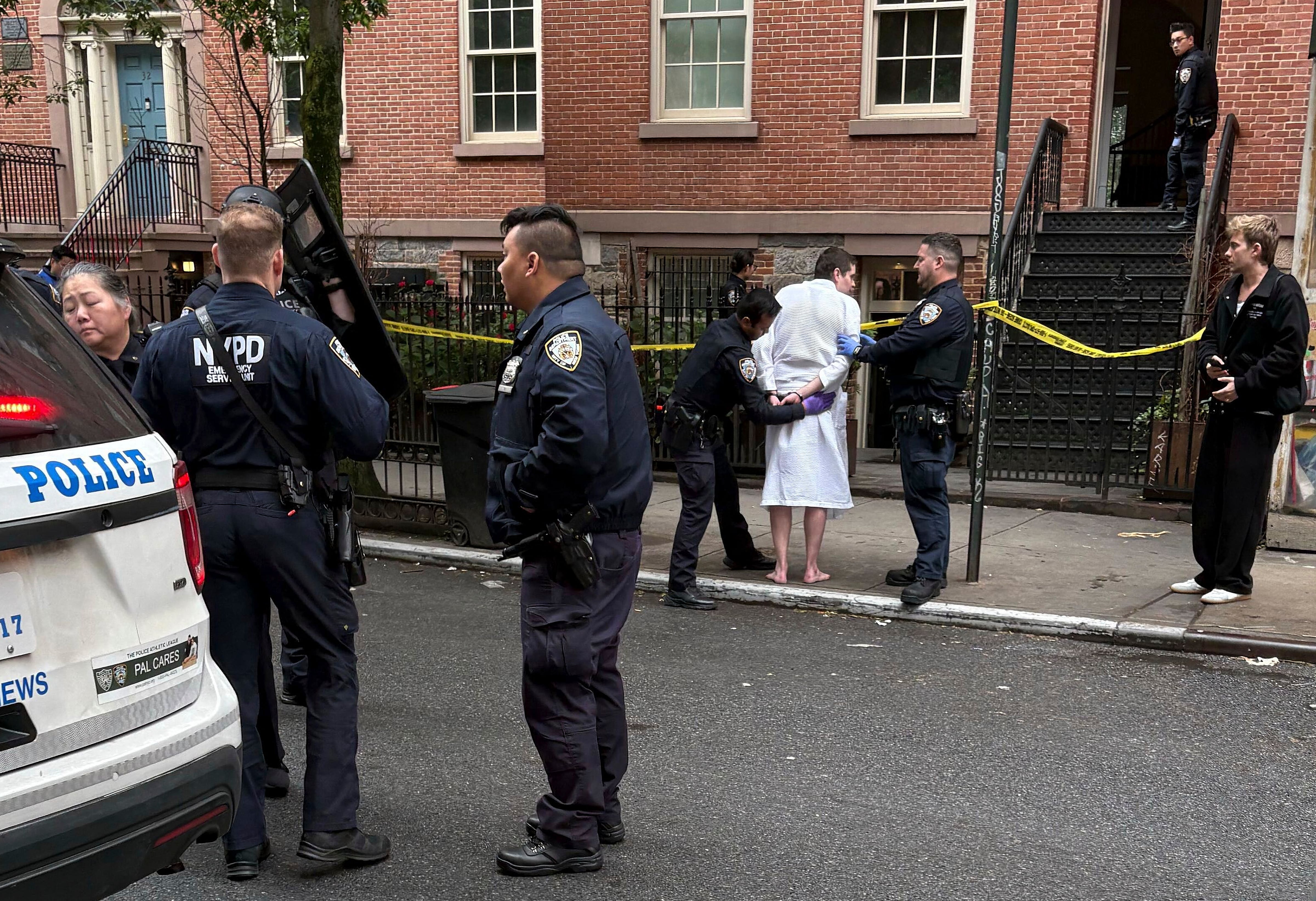Many Americans have fallen victim to an endless stream of notifications and the near-constant urge to check their phones, likely leading to widespread phone addiction.
A new Netflix documentary "The Social Dilemma" sheds light on that addiction and how the major platforms can contribute. Tim Kendall, CEO of Moment and former president of Pinterest, was featured in the film..
"I think the takeaway is that we've lost control over our phones," Kendall told Cheddar on Monday. "We are just sort of going through life unconscious with this device sort of tugging at us in a way that we don't control, and it's making us addicted. But I think it's also polarizing us. I think it's also making us more angry."
Kendall's current work is with Moment, a system to help users take back control over their phones. Moment provides people the tools to develop an awareness for how much time they spend looking at the screen. It also offers tips for tweaking habits and an accountability group feature to foster a healthier relationship with technology.
Kendall calls the major social media networks like YouTube, Twitter, Facebook, and Instagram "big social." With big social's attention-driven business model, Kendall believes the incentive to keep users checking and posting doesn't align with a person's best interests.
While some viewers of the documentary have now vowed to delete their accounts, Kendall doesn't believe that's a sustainable response.
"I think the answer is you keep your social media accounts and you're just more deliberate and mindful around your usage," Kendall said.
He also believes big social needs to take responsibility.
"They need to come up with a plan to segue off of an attention-based business model and figure out an alternative business model, and admittedly that's going to take years," Kendall said.
Making a comparison to auto manufacturers transitioning from fossil fuels to electrification, Kendall suggested big social could work with governments, such as the auto industry has done, to help navigate a "bumpy and economically-challenging" shift with incentives.
